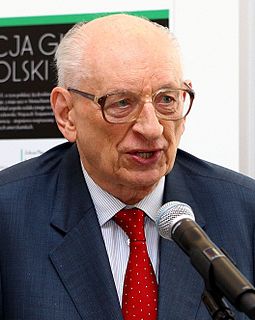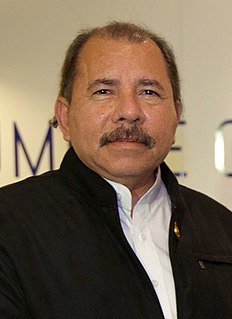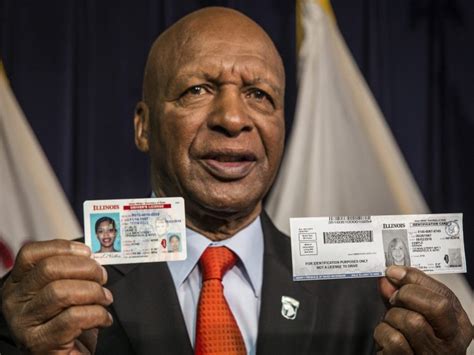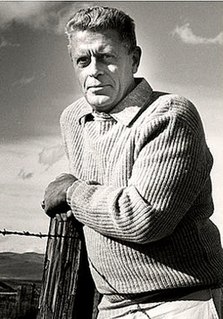A Quote by Max Stirner
Protestantism has actually put a man in the position of a country governed by secret police. The spy and eavesdropper, 'conscience,' watches over every motion of the mind, and all thought and action is for it a 'matter of conscience,' i.e. police business.
Related Quotes
Most thoughtful people would agree that morality in the absence of policing is somehow more truly moral than the kind of false morality that vanishes as soon as the police go on strike or the spy camera is switched off, whether the spy camera is a real one monitored in the police station or an imaginary one in heaven.
One has to bear in mind that during my childhood and adolescence, I suffered the repression of the Somoza dictatorship in every way: economically, socially, as well as at the hands of the police -- because if we went out on the street to play baseball, for example, the police would come and beat us up and put us in prison.
True law, the code of justice, the essence of our sensations of right and wrong, is the conscience of society. It has taken thousands of years to develop, and it is the greatest, the most distinguishing quality which has developed with mankind ... If we can touch God at all, where do we touch him save in the conscience? And what is the conscience of any man save his little fragment of the conscience of all men in all time?








































